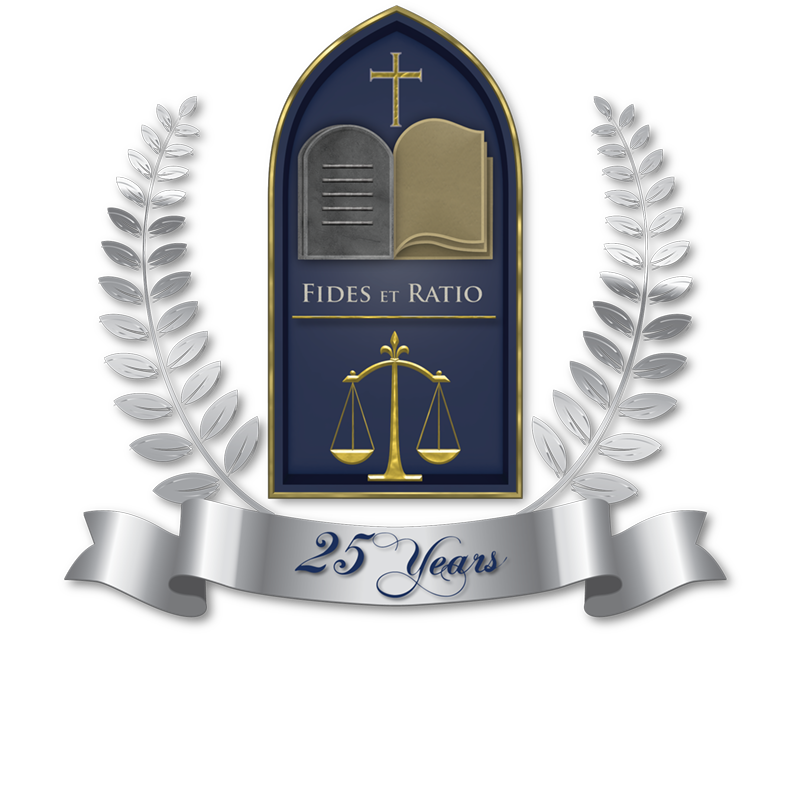Revolutionizing Traditional Methods of Legal Research

By Robert Consuegra,
The Gavel, Contributor
J.D. Candidate, Class of 2025
The development of Artificial Intelligence (AI) within the context of legal practice has many attorneys both excited and concerned. The most prevalent area of AI’s influence in the legal field is its impact on the legal research process. Attorneys in the present day are utilizing AI to supplement their research methods, seemingly to their detriment, but the future of AI optimization in legal research is undoubtedly going to improve the efficiency and competency of litigators everywhere. Long gone are the days of visits to the local law libraries and combing through books in search of relevant caselaw. AI will propel the practices of legal research even further beyond the capabilities created by internet-based research platforms. However, the care and attention of attorneys is as important as ever, and certain pitfalls must be avoided to provide competent representation.
Recently, two New York lawyers were subjected to judicial discipline for using ChatGPT when filing a legal brief.1 In Mata v. Avianca, Inc., the attorneys used six fabricated cases generated by ChatGPT.2 Enforcing Rule 11, the federal judge sanctioned the two attorneys with $5,000 fines. Additionally, the attorneys had to send copies of the sanctions to their client and copies of the ruling to each judge whom ChaptGPT falsely identified as writing the fabricated opinions.3 This is not an isolated incident, as a young attorney in Colorado Springs faced scrutiny for including “fictitious” cases in his client’s motion.4 These problems arise due to the inherent limitations of ChatGPT when conducting legal analysis. These limitations such as insufficient data, complexity of legal issues, and potential for error, are not easily overcome.5 The inaccurate responses from ChatGPT are primarily due to its limited training data and ambiguous user inputs.v ChatGPT may never reach the point of being a reliable research tool for attorneys, but there is hope as research platforms are making significant strides in developing their AI tools.
The future of AI generated research lies in the research platforms like LexisNexis and Westlaw. Unlike companies producing general AI tools, Westlaw and LexisNexis possess comprehensive libraries of legal information such as caselaw, statutes, and treatises. By leveraging their repository of source material, Westlaw and LexisNexis are specifically tailoring their AI to attorneys seeking complex legal analysis. Their AI tools will not only significantly cut down research time, but also offer a multitude of tools including predictive analytics for case outcomes, natural language processing, contract analysis and management, compliance monitoring, and document drafting.6
To bolster its AI development, Thomson Reuters Corp. acquired Casetext, Inc., a provider of technology for legal professionals, for a purchase price of $650 million.7 Thomson Reuters plans to launch its AI assistant, called CoCounsel, building on the AI assistant created by Casetext.8 This year, Thomson Reuters promises to fully integrate it across its legal products including Westlaw.viii LexisNexis announced its launch of Lexis+ AI, built and trained to provide legal practitioners with comprehensive legal results, backed by verifiable and citable authority.9 LexisNexis has already launched its AI tool to its users, which offers a rudimentary system of query-based responses on its Lexis+ research platform.ix
While the prospect of AI supported legal practice is enticing, it is vital to remember that attorneys are held to a standard of competence. Rule 11 of the Federal Rules of Civil Procedure requires attorneys to submit pleadings without an improper purpose, present legal contentions warranted by existing law, and offer factual contentions with evidentiary support.10 In order to comply with Rule 11, attorneys are required to verify the sources, information, and analyses conducted by generative AI.11 By not doing so, attorneys face the risk of receiving court sanctions like the attorneys in Mata.ii No matter how advanced AI becomes, attorneys must do their due diligence and ensure that the cases and statutes they are citing are real, relevant, and applicable to their case at hand. AI is a helpful tool, but it is vital to remember that it is only a tool, not a replacement for attorney driven research and analysis.
It is important to remember the limitations of AI outputs and the need for attorneys to continue to be scrupulous in reviewing AI generated results. But thanks to AI developments, attorneys will possess possibly the greatest legal tool ever created. AI’s functionality is bountiful and includes the ability to examine vast amounts of legal documents, automate hours of legal research, use predictive analytics based on case outcomes and arguments, apply document reviewing and generation, and incorporate continuous learning and adaptation to the legal landscape. AI will undoubtedly be an integral part of every future law firm and forever change the landscape of legal research as we know it.
References:
1 Sara Merken, Lawyer who cited cases concocted by AI asks judge to spare sanctions, Thomson Reuters (June 8, 2023), https://www.reuters.com/legal/transactional/lawyer-who-cited-cases-concocted-by-ai-asks-judge-spare-sanctions-2023-06-08/.
2 Mata v. Avianca, Inc., 2023 WL 4114965 (S.D.N.Y. 2023).
3 Josh Russell, Sanctions ordered for lawyers who relied on ChatGPT artificial intelligence to prepare court brief, Courthouse News Service (June 22, 2023), https://www.courthousenews.com/sanctions-ordered-for-lawyers-who-relied-on-chatgpt-artificial-intelligence-to-prepare-court-brief/.
4 Sara Merken, More judges, lawyers confront pitfalls of artificial intelligence, Thomson Reuters (June 16, 2023), https://www.reuters.com/legal/transactional/more-judges-lawyers-confront-pitfalls-artificial-intelligence-2023-06-16/.
5 ChatGPT, What are your limitations in conducting legal research, Open AI (Sept. 22, 2023), https://chat.openai.com/chat.
6 The Power of Artificial Intelligence in Legal Research, LexisNexis (May 16, 2023), https://www.lexisnexis.com/community/insights/legal/b/thought-leadership/posts/the-power-of-artificial-intelligence-in-legal-research.
7 Andrew Green, Thomson Reuters Completes Acquisition of Casetext, Inc., Thomson Reuters (Aug. 17, 2023), https://www.thomsonreuters.com/en/press-releases/2023/august/thomson-reuters-completes-acquisition-of-casetext-inc.html.
8 Dave Moran, Thomson Reuters Launches Generative AI-Powered Solutions to Transform How Legal Professionals Work, PR Newswire (Nov. 15, 2023), https://www.prnewswire.com/news-releases/thomson-reuters-launches-generative-ai-powered-solutions-to-transform-how-legal-professionals-work-301989149.html.
9 Dana Greenstein, LexisNexis Launches Lexis+ AI, a Generative AI Solution with Linked Hallucination-Free Legal Citations, LexisNexis (Oct. 25, 2023), https://www.lexisnexis.com/community/pressroom/b/news/posts/lexisnexis-launches-lexis-ai-a-generative-ai-solution-with-hallucination-free-linked-legal-citations.
10 Fed. R. Civ. P. 11.
11 Artificial Intelligence and Chatgpt: Friend or Foe to the Legal Profession?, Lawyers J. (Sept. 8 2023), https://1.next.westlaw.com/Document/Ifc7b668d52c311ee8921fbef1a541940/View/FullText.html?transitionType=SearchItem&contextData=(sc.Search).




